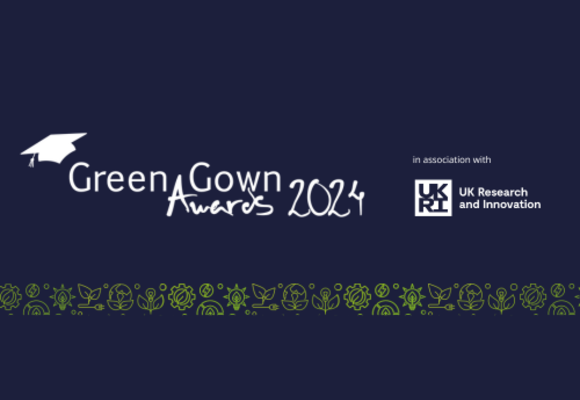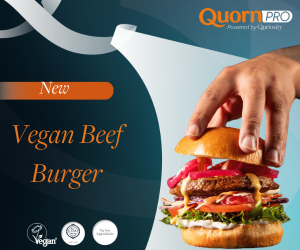Research already suggests that 16 to 25-year olds are at the highest risk of having a severe allergic reaction, known as anaphylaxis. Living with a severe allergy can impact all areas of life and a lack of understanding from others can leave young people feeling isolated.
Going to university during the COVID-19 pandemic has been a daunting time for many students, but lockdown measures at some UK universities are making managing allergies even more challenging. Thousands of students have been told they must stay in their halls of residence, often with very little notice, leaving them reliant on the university to deliver food parcels.
Raising awareness
The Anaphylaxis Campaign has developed a suite of resources to help students manage the transition to university and to increase allergy awareness amongst university staff and other students. These resources were sent to all university student unions and wellbeing centres at the beginning of the semester. Now with many allergic students confined to lockdown and dependent on food deliveries it is vital that these resources are used effectively to help all parties understand their roles and responsibilities.
The booklet ‘Preparing for and Managing your Allergies at University’ is packed with useful information including top tips to stay safe, questions to ask food providers and an Allergy Action Plan that can be shared with fellow students and staff.
There are posters available on the Anaphylaxis Campaign website that can be printed and displayed in university accommodation and catering facilities. These include life saving tips to use in an emergency as well as questions to ask food providers before eating.
The Anaphylaxis Campaign Youth Ambassador, Dan Kelly, founder of the ‘May Contain’ blog and podcast, has recorded an ‘Allergies at Universities Q&A’ YouTube video packed with helpful hints. Dan has also written ‘Tips for Managing University with an Allergy’.
For universities wishing to implement clear policies and guidance, the University of Cambridge has produced ‘Guidance on the Recognition and Treatment of Individuals at Risk of Anaphylaxis’ document that could be used as a template.
The Anaphylaxis Campaign offers a FREE AllergyWise online training course which includes how to recognise the signs of a severe anaphylactic reaction, what to do in an emergency, how to understand food labels and tips on general allergen avoidance.
Lynne Regent, CEO of Anaphylaxis Campaign said:
“It is really concerning to hear reports of students with allergies in lockdown being given unsafe food. It is vital that university staff understand that severe allergies can be life-threatening and must be taken seriously. We urge all university staff to use our extensive free resources to help them keep allergic students safe during this extremely challenging time.”
If you would like further information and support, please call our national helpline on 01252 542029 or contact [email protected], open between 9am – 5pm Monday-Friday.









